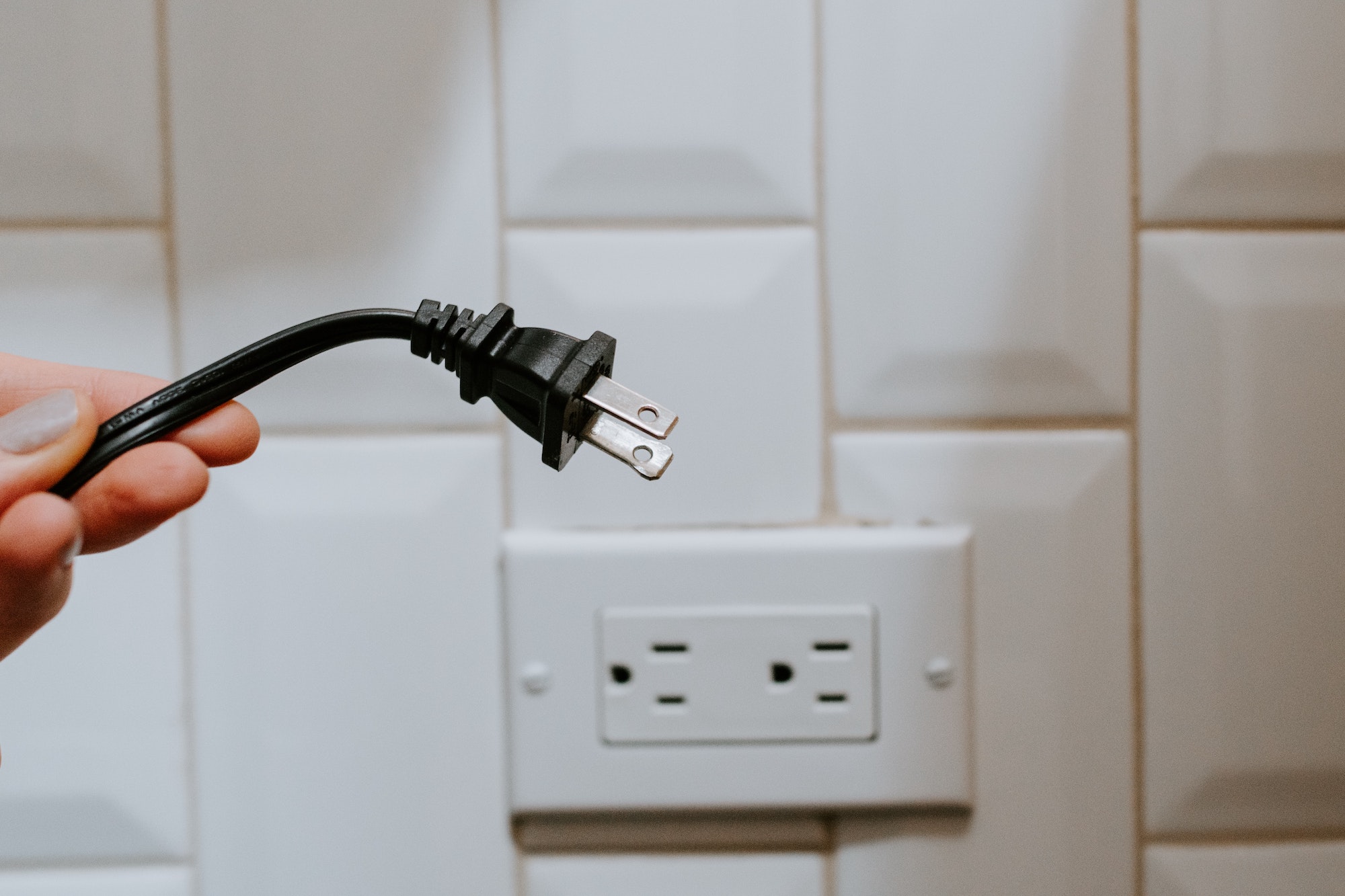
Ask any prepper: You always need a backup means of communication, the stairs you can take when the elevator’s broken. If your wifi’s busted, use your data. Cable out? Dig out the old handheld radio. Slack down? Send an email. If they don’t get the message, you gots to run the pigeon.
From its Pentagon-funded start, the internet was designed to avoid any single point of failure, to route around any damage on the network. But most modern web publishing depends on a small number of large content delivery networks that serve as a faster, more efficient middleman between server and browser. They have names like Akamai and Cloudflare and StackPath, and when they work, they make the internet faster. But when they don’t, they can take down huge chunks of it.
This morning, a CDN named Fastly had a problem for the better part of an hour, and it took down an awful lot of the web: Reddit, Spotify, Amazon, GitHub, PayPal, Twitch, and Hulu, plus major international news sites The New York Times, The Guardian, the BBC, CNN, and the Financial Times. (Not to mention a gazillion more sites, plus a lot of mobile apps that depend on the service.)
So publishers had to scramble.
The Guardian moved to Twitter, where technology editor Alex Hern began a running liveblog of sorts on the situation. (Twitter remained up through the outage, though its emojis — hosted on Fastly servers — didn’t work.)
The Guardian's website is down entirely, so this thread is now our formal liveblog for the Fastly outage.
— alex hern (@alexhern) June 8, 2021
Fastly's status page is not a happy read pic.twitter.com/zWJ8gvwaHI
— alex hern (@alexhern) June 8, 2021
And the Guardian is back online – for me, at least: https://t.co/oNhAUNT7iK. Thus ends my uncomfortable 50 minute period of being the only person in the entire newspaper capable of publishing content
— alex hern (@alexhern) June 8, 2021
Running that liveblog has successfully DDoSed my twitter notifications so if you need me I'll be screaming into a pillow
— alex hern (@alexhern) June 8, 2021
Some, like the Times, simply noted the outage on social media:
Some readers are currently unable to access https://t.co/eMyFEYiHno. We are looking into it and will send an update soon.
— The New York Times (@nytimes) June 8, 2021
While others whose sites were still online, like Germany’s Deutsche Welle, took the opportunity to show their level of thirst and/or lack of self-esteem.
https://t.co/8g7t93TZKU is still up! (not that anyone cares)
— DW News (@dwnews) June 8, 2021
Perhaps the most smart/dumb response came from technology site The Verge, which opted for Google Docs as a temporary home for its reporting.
Vast chunks of the internet are offline, including The Verge. Until we’re back, we’re reporting to you live out of Google Docs. Here’s what we know so far about the outage: https://t.co/4b1p2qhYif
— The Verge (@verge) June 8, 2021
The smart part was heading to a company like Google, which was apparently unaffected by the outage. The dumb part was forgetting to make the Google Doc read-only, which meant that for a while, absolutely anyone in the world could be a writer for The Verge. (Put that on your resume!)
Lol people are editing the doc too pic.twitter.com/WgbxlVwDOD
— Brendan Duong (@brendan_duong) June 8, 2021
"why is this editable" @verge 😂 https://t.co/n2YLX5J7lg pic.twitter.com/vLm3QNjCkJ
— palash.co ࿀ (@palashkaria) June 8, 2021
Thank you for this. I haven't been able to read any of it. It just shows up as a jumble. pic.twitter.com/O0Xql8ebxq
— Jangles the Moon Monkey (@Nuka_Sprite) June 8, 2021
This was such a neat idea, but this was expected lmao ffs pic.twitter.com/Vd1x8rzUb9
— Dr. Ammar Mid-life Crisis Anwar (@ammaranwar1996) June 8, 2021
And all those “editors” overloaded Google Docs and made the article unaccessible.
What a great idea! our site is broken, lets break Google docs! pic.twitter.com/8PuUmCFvE7
— André Venâncio (@andrevenancio) June 8, 2021
— Noah Evans (@ThisIsNoahEvans) June 8, 2021
— Will Judd (@wsjudd) June 8, 2021
– yep, that's much better…. pic.twitter.com/WKXMb6KZn6
— Alan (@Knobee) June 8, 2021